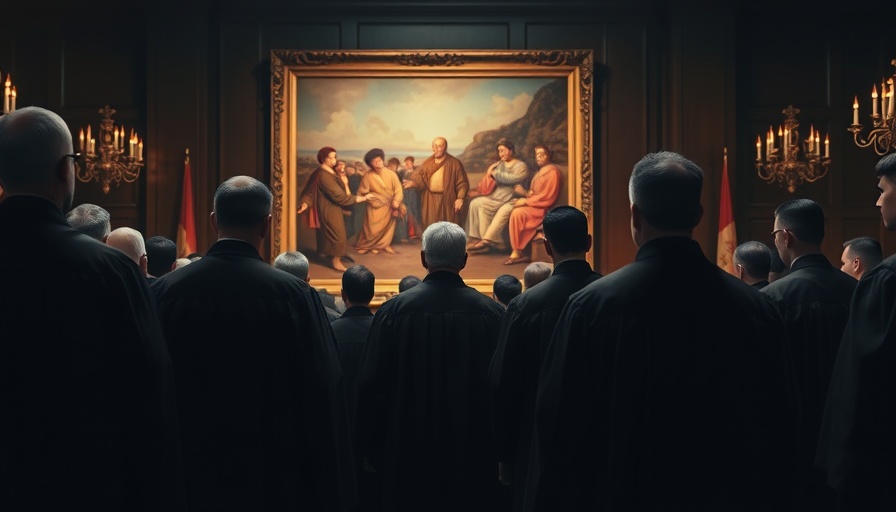
The Literary Landscape and Its Impact
In recent years, the literary world has seen a surge in profound narratives that challenge our perceptions and provoke thought. Percival Everett's novel “James,” a contemporary retelling of Mark Twain's classic “The Adventures of Huckleberry Finn,” is a prime example of this movement. This Pulitzer Prize-winning work is not only a triumph in its own right but also a reflection of society’s ever-evolving conversations around race, identity, and cultural heritage.
Why “James” Resonates Today
With its nomination for another major literary honor, “James” continues to spotlight themes that are deeply relevant in today's discussions around social justice and equality. Society has become increasingly sensitive to the narratives surrounding race and history, making Everett’s portrayal of these experiences particularly impactful. In an era defined by social upheaval and a reevaluation of historical narratives, literary voices like his are crucial for fostering understanding and empathy.
Celebrating Achievements: The Awards Landscape
As Everett's “James” garners attention, it’s essential to acknowledge the significance of awards in the literary community. Such nominations not only validate the author’s hard work but also elevate the conversation around the book's themes. The Dayton Literary Peace Prize, for which Everett is now nominated, aims to encourage literary works that promote peace through understanding. This recognition highlights the connection between literature and societal change, mirroring the sentiments found in other recent influential texts.
Counterarguments and Diverse Perspectives
While “James” has received widespread praise, not all readers connect with its approach. Critics argue that retellings of classics can sometimes fall short of offering fresh insights, merely recycling well-known narratives without adding substantial depth. However, proponents of Everett’s work contend that his fresh lens provides a necessary critique, pushing readers to confront uncomfortable truths about America’s racial history. This discourse emphasizes the importance of diversity in literary interpretation, thus enriching the overall dialogue.
Future Insights: Where Do We Go From Here?
As new generations engage with literature, it is vital to predict how stories like “James” will shape future narratives. Readers will likely see even more authors using classic texts as a foundation to explore contemporary issues. The blending of history with current societal problems can create a powerful dialogue, enticing a broader audience to reflect on their own perceptions and biases.
The Broader Context: Literature and Society
It’s worth noting how literature often reflects the zeitgeist. With “James” echoing current trends in social justice and racial discourse, its critical acclaim suggests a collective desire for genuine exploration of these themes. Across platforms, discussions sparked by such literary works are currently trending news on social media, indicating that readers are hungry for stories that resonate on both emotional and intellectual levels.
Tools and Resources for Literature Lovers
For those looking to dive deeper into similar narratives, exploring books that also address race, society, and identity can widen one’s perspective. A few notable mentions include “The Hate U Give” by Angie Thomas, “Homegoing” by Yaa Gyasi, and “Just Mercy” by Bryan Stevenson. These works offer insightful, transformative experiences that challenge readers and encourage them to engage critically with the world around them.
Final Thoughts: Embracing the Power of Narrative
The literary achievements of Percival Everett and “James” demonstrate how stories can ignite change by fostering dialogue in a polarized society. As readers seek out literature that reflects their values and experiences, such nominations serve not just as accolades but as platforms for raising awareness and sparking discussions that matter.
 Add Row
Add Row  Add
Add 




 Add Row
Add Row  Add
Add 

Write A Comment